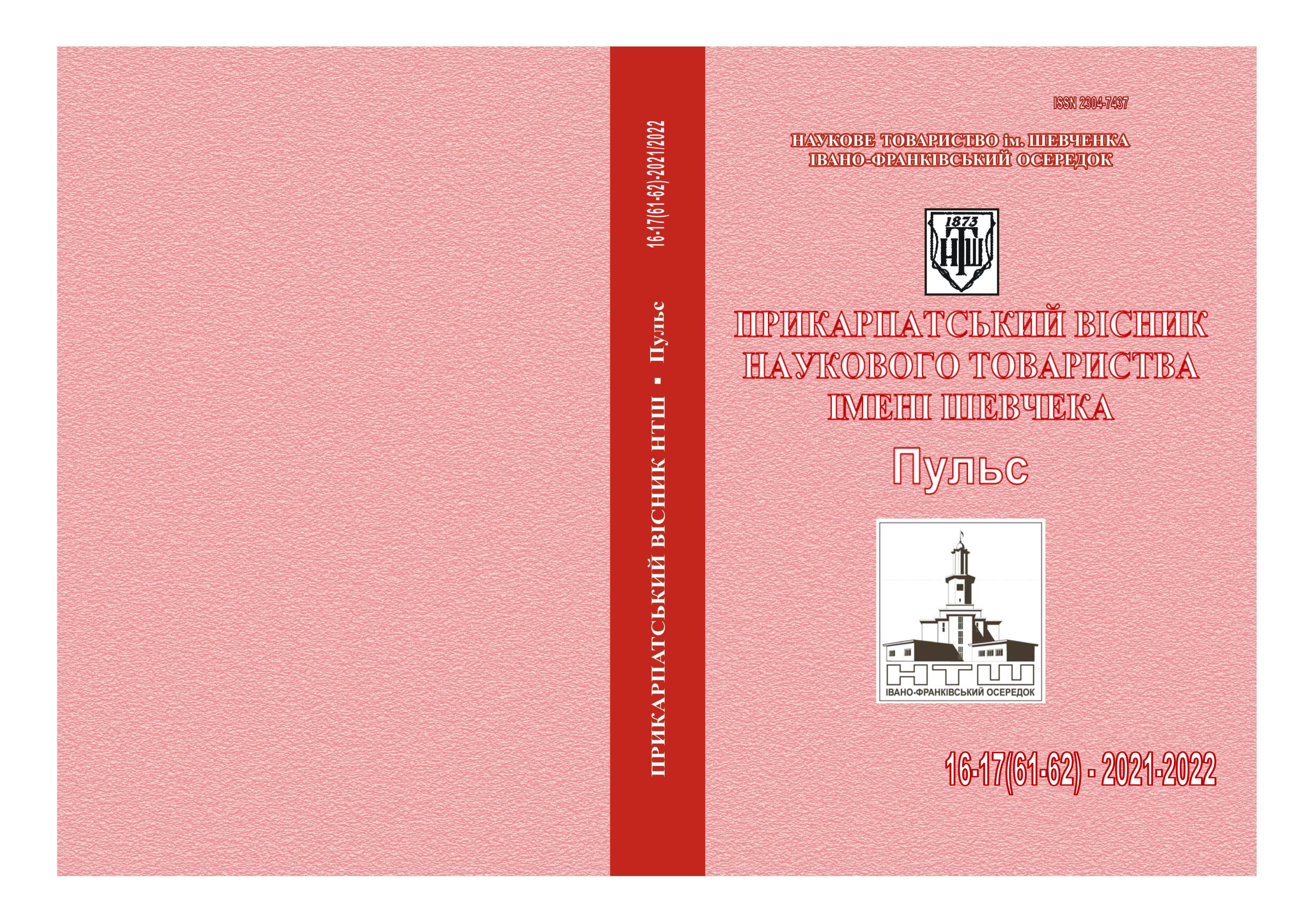THE FEATURES OF POSTDOCTORAL TRAINING DURING COVID-19 PANDEMIC
DOI:
https://doi.org/10.21802/2304-7437-2021-2022-16-17(61-62)-119-124Keywords:
distance learning, training of doctors, COVID-19Abstract
The abrupt onset and prolonged state of the COVID-19 (SARS-COV-2) pandemic has radically altered medicine. Clinical care, research, and training have experienced significant disruption, with a call to balance safety and well-being. With regard to training future researchers and clinicians, residencies and fellowship programs have pivoted from standard in-person curricula to virtual formats to decrease possible virus exposure and spread. The postdoctoral training usually take place by using of distance elements of international e-learning platforms, such as Zoom and Google Classroom. There are different controversial opinions due distance training of doctors. Purpose of study: evaluation of the advantages and disadvantages of distance learning of doctors in cycles of thematic improvement. Material and methods of research. An anonymous survey of 219 physicians of therapeutic specialties who underwent distance learning at the Department of Therapy and Family Medicine of Postgraduate Education of Ivano-Frankivsk National Medical University in the period from January 1 to May 25, 2022 was carried. Descriptive statistics were used to summarize demographic characteristics and survey responses. Chi-square and Fisher's exact tests were conducted. A p-value of less than 0.05 was considered statistically significant. Quantitative data analysis was conducted using statistical package Statistica 12. Results of study. Among of the 219 surveyed doctors, the vast majority of people studied at thematic courses repeatedly. 176 (80.4%) respondents were female. General practitioners, and physicians predominated among the physicians. The vast majority of doctors are satisfied with the remote format of thematic courses and their content. The majority of respondents (105 (47.9%) people) were in favor of a mixed system of education in the future, which would combine elements of distance education with the opportunity to study at the clinical bases of the department. Only distance learning in the future was noted by 90 (41.1%) doctors (χ2 = 2.08; p = 0.15). 10 (4.6%) people prefer to study on the basis of the department. Conclusions. 1. The distance format of thematic learning courses during of the COVID-19 pandemic is acceptable to the vast majority of physicians. 2. It is necessary to develop a hybrid model of thematic improvement cycles in the future, which would harmoniously combine elements of distance and academic medical education.
References
World Health Organization. WHO Coronavirus (COVID-19) Dashboard 2022. 2022. Accessed on January 27, 2022. https://covid19.who.int/
Chen JM. Novel statistics predict the COVID-19 pandemic could terminate in 2022. J Med Virol. 2022;94(6):2845-2848. doi: 10.1002/jmv.27661
Polyanskaya V, Zvyagolskaya I, Derevyanko T. Педагогічно-організаційні аспекти дистанційного навчання в медицині. Вісник УМСА. 2022;21(1):137-141
He S, Lai D, Mott S, Little A, Grock A, Haas MRC, Chan TM. Remote e-Work and Distance Learning for Academic Medicine: Best Practices and Opportunities for the Future. J Grad Med Educ. 2020;12(3):256-263

